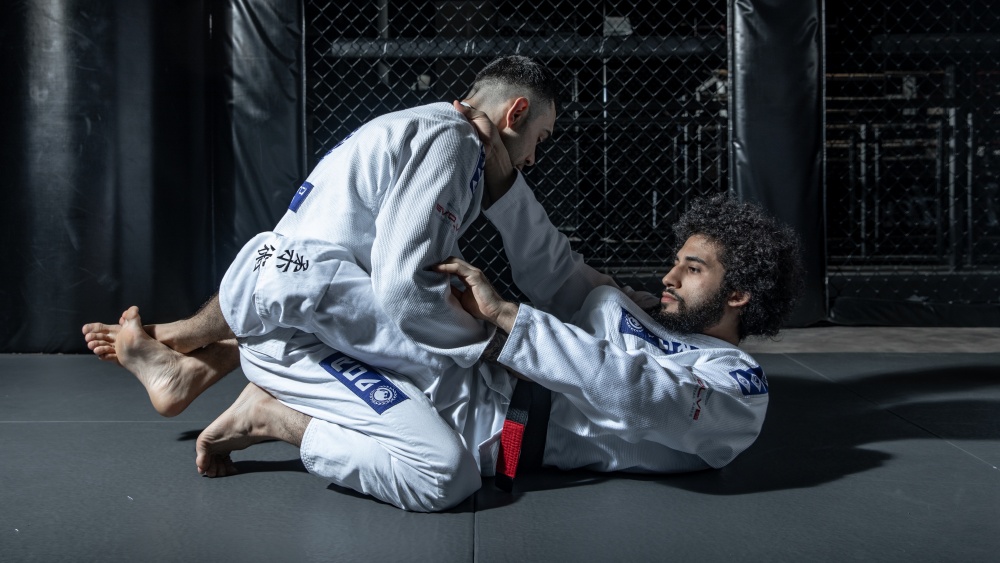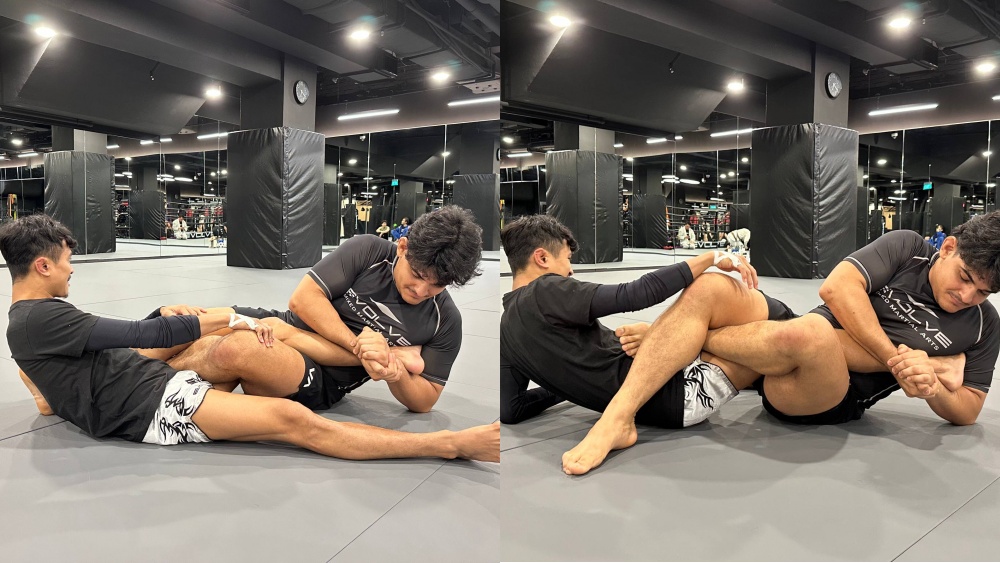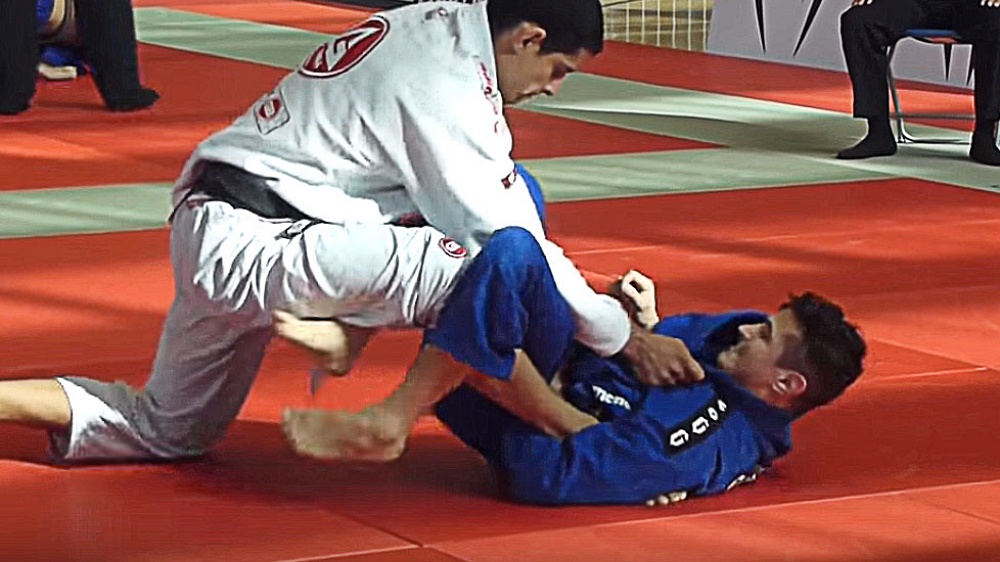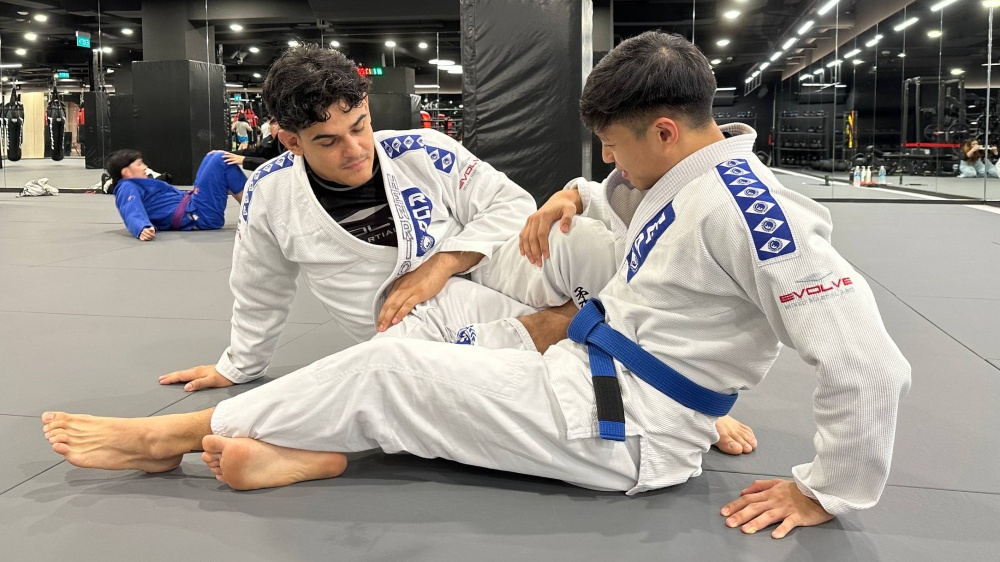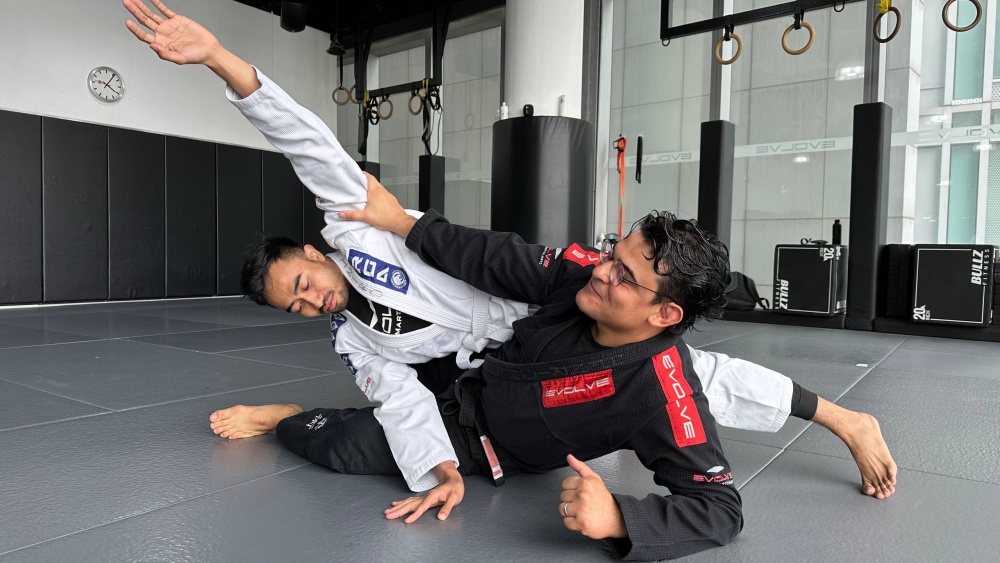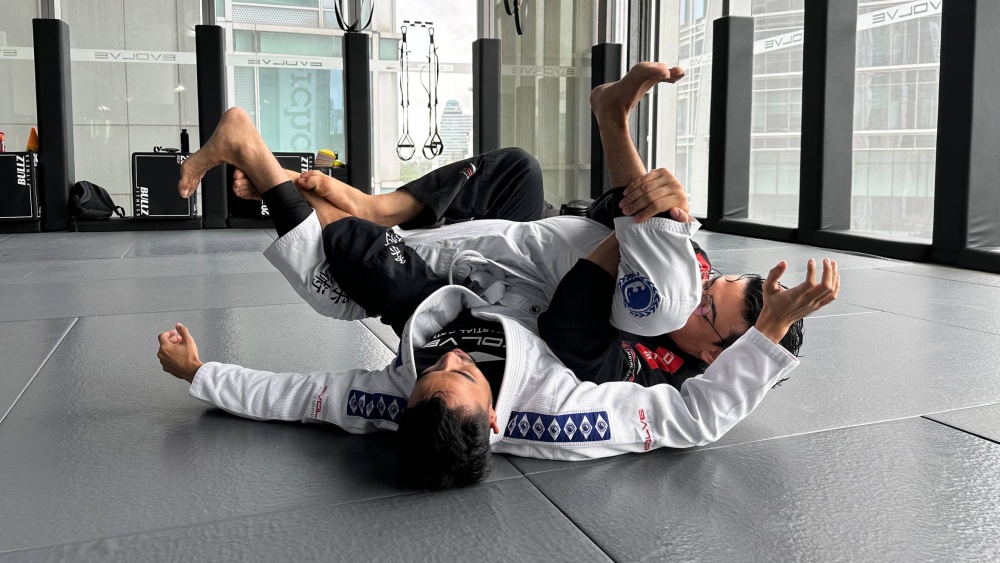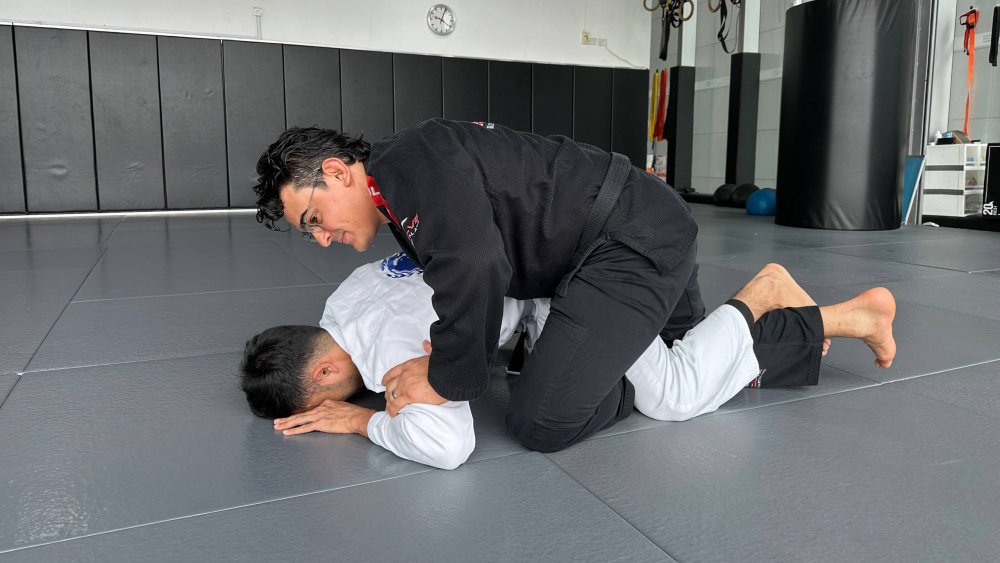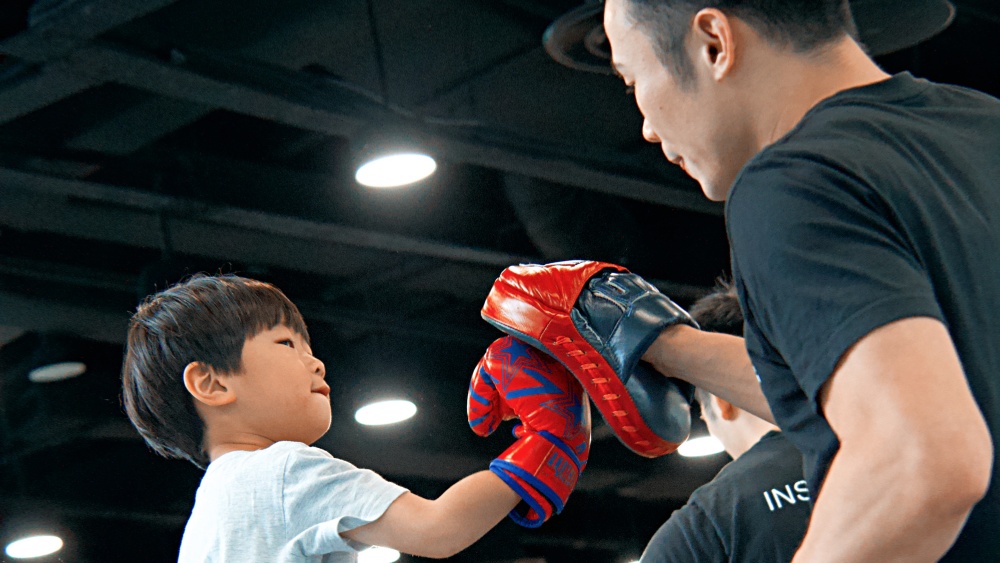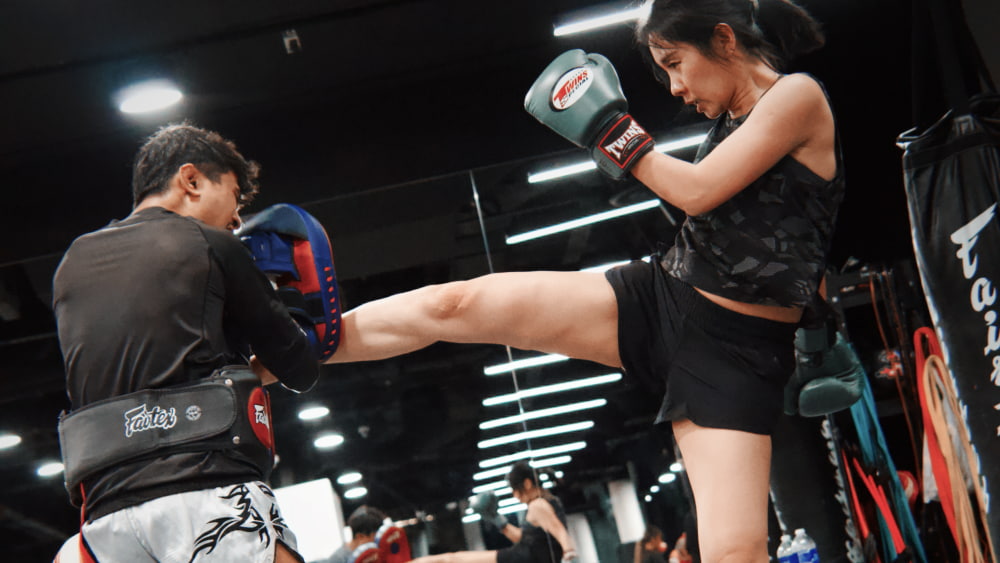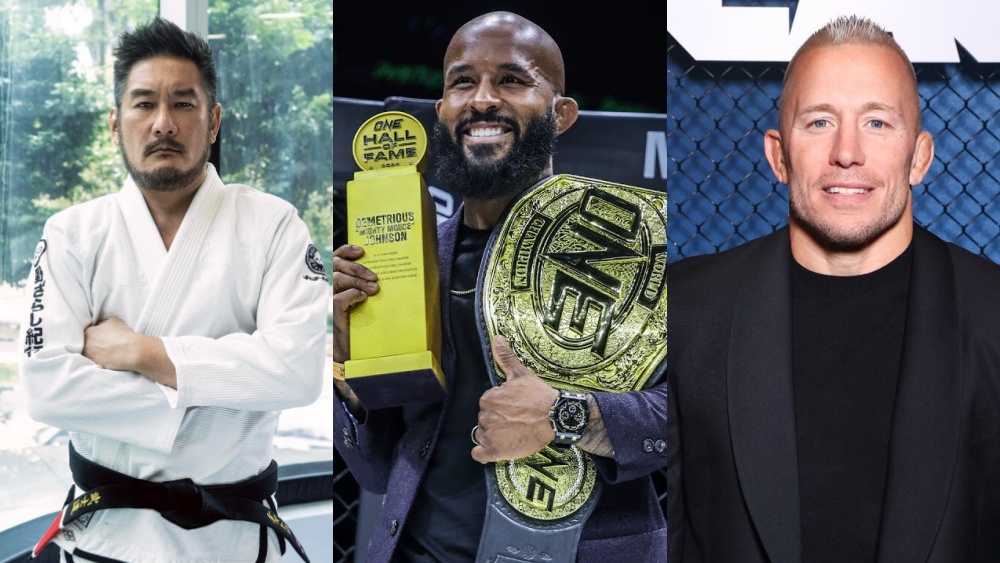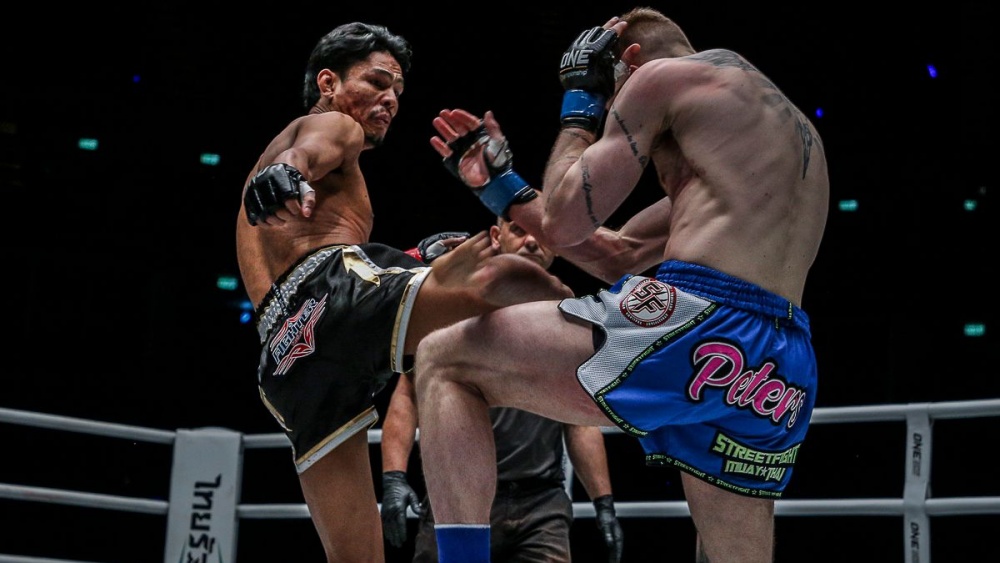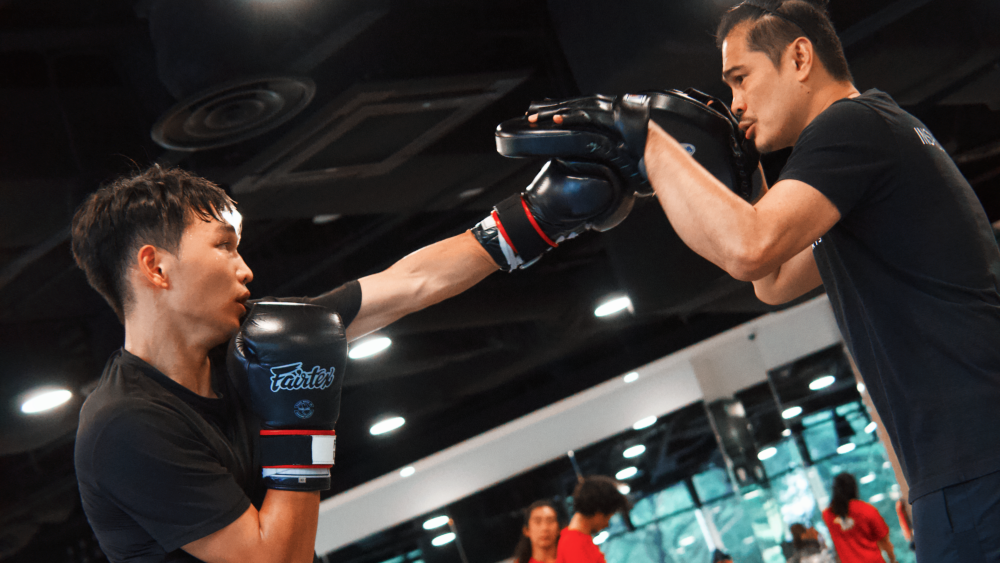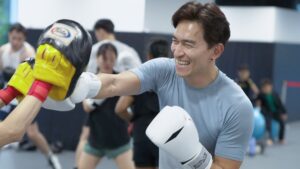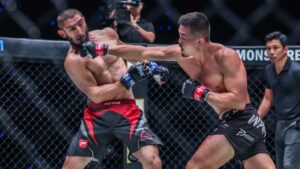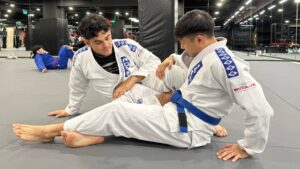A growing number of law enforcement agencies worldwide are making Brazilian Jiu-Jitsu a mandatory part of their training, pointing out that the popular grappling-based martial arts leads to fewer injuries for both officers and the civilians they interact with.
Adding BJJ to police training curriculums also helps to reduce big-ticket lawsuits that are often the result of officers using excessive force when dealing with uncooperative suspects.
Research shows that teaching law enforcement officers BJJ cuts down use-of-force incidents by half in the United States and the benefits don’t stop there. The St. Paul Police Department in Minneapolis incorporated BJJ into its training program from 2015 to 2020, resulting in a 44% decrease in injuries to suspects and a 25% reduction in officer injuries.
Creating Better Law Enforcement Officers With BJJ Training
A regular part of being a law enforcement officer is dealing with potentially dangerous and challenging situations while on the job. A well-trained officer should be able to effectively manage and respond to physical threats whenever they occur.
Brazilian Jiu-Jitsu is one of the best martial arts for this purpose. An offshoot of ancient Japanese Jujutsu, which translates to “gentle art” in English, BJJ is a fighting style that gives officers all the tools they need to control aggressive suspects without causing any substantial damage. It’s challenging to achieve that with many martial arts, as they involve striking opponents to subdue them.
Brazilian Jiu-Jitsu is a grappling-based martial art that emphasizes control and submissions. As gentle as BJJ can be, it only takes a few seconds for techniques like the rear-naked choke to subdue a person.
Takedowns, joint locks, reversals, sweeps, transitions, clinch work, and chokes are all covered in BJJ. At its core, Brazilian Jiu-Jitsu is a fighting style that teaches those who practice it how to control and subdue opponents, even those who are stronger or bigger. It emphasizes leverage, technique, and strategy over brute strength, making it an excellent fighting style for law enforcement officers who sometimes need to apprehend dangerous suspects while minimizing risks to both parties.
BJJ training goes past the physical tools it gives officers to manage dangerous situations, it also equips them with mental tools that enable them to perform their duties like increased problem-solving skills while under stress, improved social skills, and mental toughness.
BJJ Techniques For Law Enforcement
Now that we’ve gone over some of the benefits of adding Brazilian Jiu-Jitsu training to law enforcement training curriculums, let’s take a look at some of the techniques officers can use in the street when dealing with combative suspects:
1) Takedowns
BJJ teaches various types of takedowns from classic wrestling moves like the single or double leg to Judo throws like hip tosses. BJJ students also learn how to perform many types of takedowns from clinch positions.
These skills come in handy when officers find themselves dealing with uncooperative suspects who need to be takedown and subdued while minimizing risk to both parties.
2) Joint Locks
Joint locks are submission techniques used in BJJ to restrict a person’s limbs and force compliance. These techniques can be used to exert pressure on joints, but that’s only recommended in serious situations.
BJJ submissions like shoulder locks can be used by officers to gain compliance from uncooperative suspects since applying them often prompts cooperation.
3) Ground Control
Brazilian Jiu-Jitsu is a ground-fighting system that emphasizes ground control. Students are taught how to establish dominant positions on the ground and how to transition from unfavorable positions into more advantageous ones.
One of the main factors that separates BJJ from other grappling-based martial arts like Wrestling is the priority Brazilian Jiu-Jitsu places on being able to fight off your back. The guard position is the trademark position of BJJ and it’s a place an officer might find themselves when dealing with an uncooperative suspect who’s bigger and stronger than them. With BJJ training, this disadvantageous position becomes a dominant one.
Being comfortable in ground positions allows law enforcement officers to safely restrain suspects on the ground with minimal risk of injury to both parties.
4) Choke Holds
BJJ training involves learning various choke holds that can be very powerful tools for officers to deal with combative suspects humanely. For example, the rear naked choke can be used to subdue a violent suspect without causing any major injuries when performed properly. A few seconds of applying such techniques often encourages compliance.
5) De-Escalation
Well-trained law enforcement officers often look to de-escalate situations to avoid a need to use force. BJJ training doesn’t just give officers the physical tools they need to deal with uncooperative suspects, it also promotes a tactical and calm mindset.
People who train BJJ often compare it to chess for good reason. Put two equally skilled BJJ fighters on a mat and it becomes a battle of wits with both parties trying to lure their opponents into traps by thinking multiple steps ahead.
Such a tactical mindset can be quite useful for officers since it teaches them to remain calm and logical even when dealing with physical threats. BJJ training makes officers mentally tough, which makes it easier for them to successfully de-escalate challenging situations.
One of the biggest mental hangups an officer could have is a massive ego since that often leads to power trips. BJJ training is a special antidote for egos since it forces humility on everyone who trains. Regardless of how tough you think you are, you’ll find yourself getting tapped out a lot when you first step inside a Brazilian Jiu-Jitsu dojo.
6) Improves Teamwork And Trust
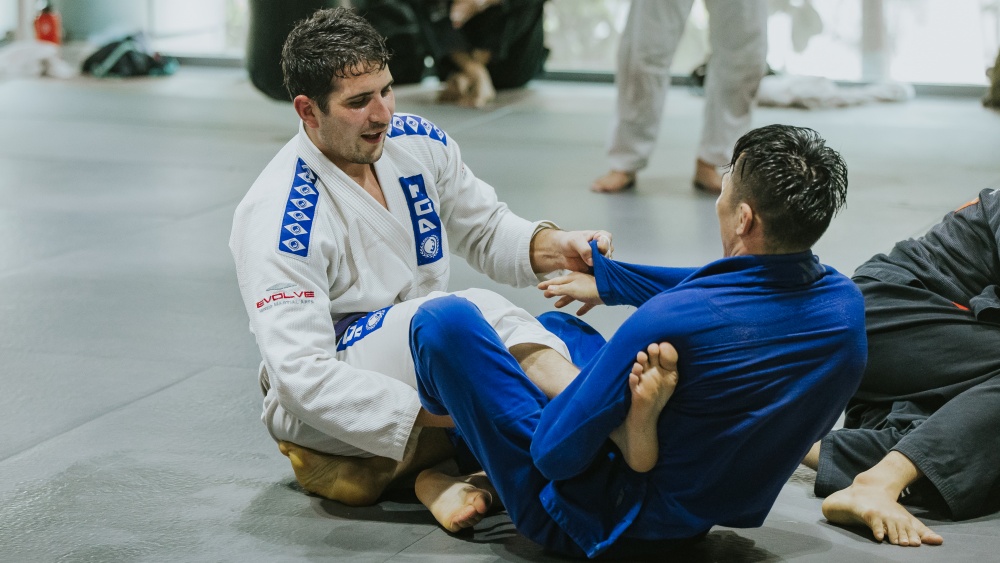
Law enforcement officers training BJJ together helps to build camaraderie and a strong support network with each other. They also learn to trust their partners’ ability to do their jobs effectively in the field since they get to learn them together. This leads to better teamwork in their field.
BJJ Training Makes Officers And The General Public Safer
Police officers who can handle themselves in hand-to-hand combat are less likely to use excessive force when dealing with uncooperative suspects. Training BJJ also helps to keep officers in the type of physical shape they need to be to do their jobs effectively.
Law enforcement agencies would benefit from partnering with reputable training centers like Evolve MMA to equip their agents with the necessary skills to effectively manage physical confrontations they may encounter in the field. If you’re in law enforcement or looking to enhance your self-defense skills, consider joining our BJJ classes. Gain the confidence and proficiency needed to navigate physical encounters effectively today!
Book your complimentary trial class with our World Champions below!
If you have any other questions regarding Evolve MMA and the programs we offer, you can get in touch with our membership executives at the following locations:
Evolve MMA (Far East Square)
26 China Street
Far East Square #01-01
Singapore 049568
Phone: (65) 6536 4525
Evolve MMA (Orchard Central)
181 Orchard Road
#06-01 Orchard Central
Singapore 238896
Phone: (65) 6536 4556
Evolve MMA (KINEX)
11 Tanjong Katong Road
#02-52 KINEX
Singapore 437157
Phone: (65) 6288 2293
Evolve MMA (Star Vista)
1 Vista Exchange Green
#02-26A The Star Vista
Singapore 138617
Phone: (65) 6539 9590
